Understanding the nuanced emotional landscapes of our canine companions is crucial in fostering a nurturing environment for them. Anxiety in dogs, much like in humans, can manifest in various forms, including separation anxiety, fear of loud noises, or general nervousness in new situations. Certain dog breeds are predisposed to higher levels of anxiety due to their genetic makeup, environmental factors, and individual personalities. This article delves into the 12 most anxiety-ridden dog breeds, aiming to shed light on their needs and behaviors. Recognizing and addressing the signs of anxiety early can lead to a more harmonious relationship between dogs and their owners, ensuring the well-being of these sensitive creatures.
1. Border Collie
Border Collies, known for their intelligence and high energy, are also prone to anxiety, especially when they’re not provided with sufficient mental and physical stimulation. Their herding instinct can manifest in unwanted behaviors if not properly channeled. Anxiety in Border Collies often stems from boredom or lack of exercise, leading to obsessive-compulsive behaviors such as tail chasing or excessive licking. Providing regular, engaging activities and training can help mitigate their anxiety.
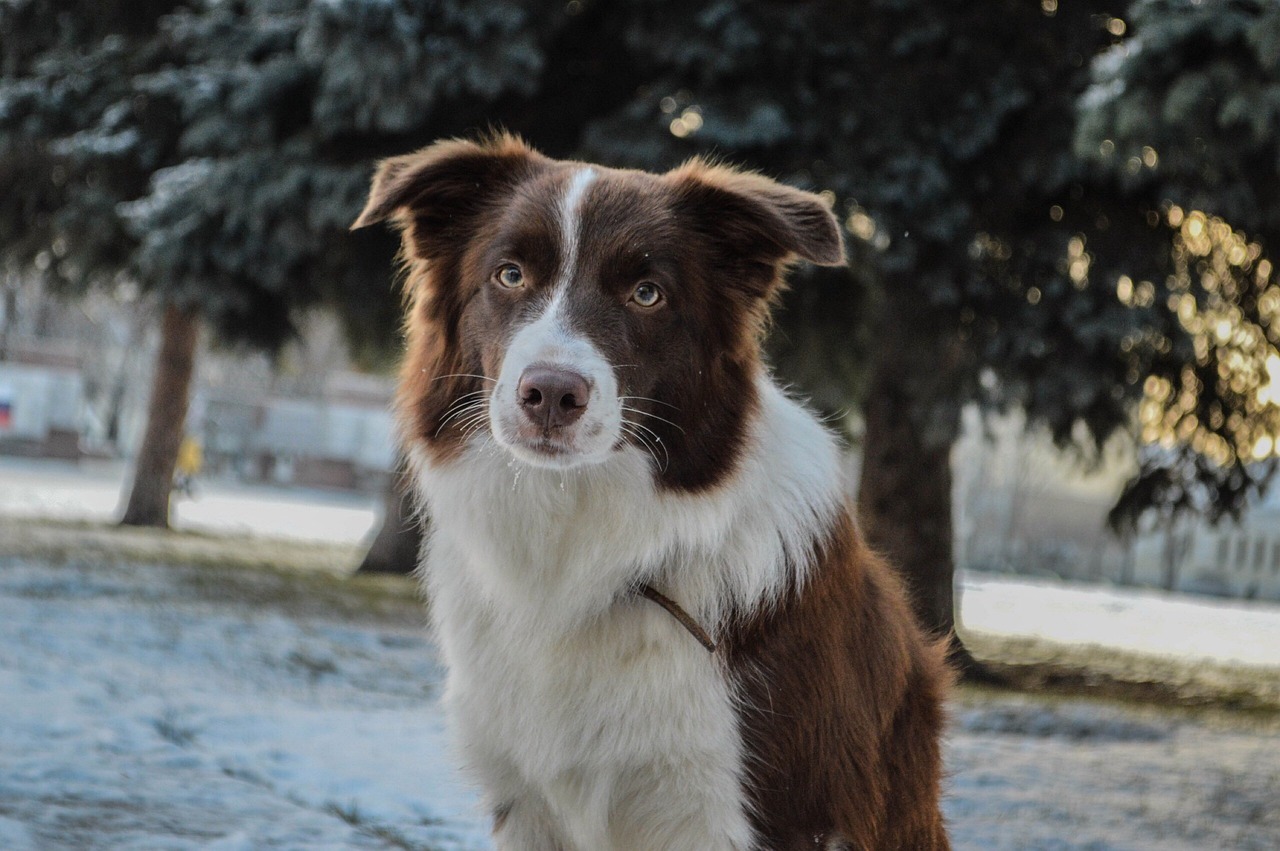
2. German Shepherd
German Shepherds are renowned for their loyalty and protective nature but are also susceptible to anxiety disorders. Their high intelligence and strong bonding with their owners make them more prone to separation anxiety. Additionally, their acute sensitivity to their surroundings can lead to anxiety in chaotic or loud environments. Early socialization, consistent training, and creating a calm home environment are key to managing their anxiety.
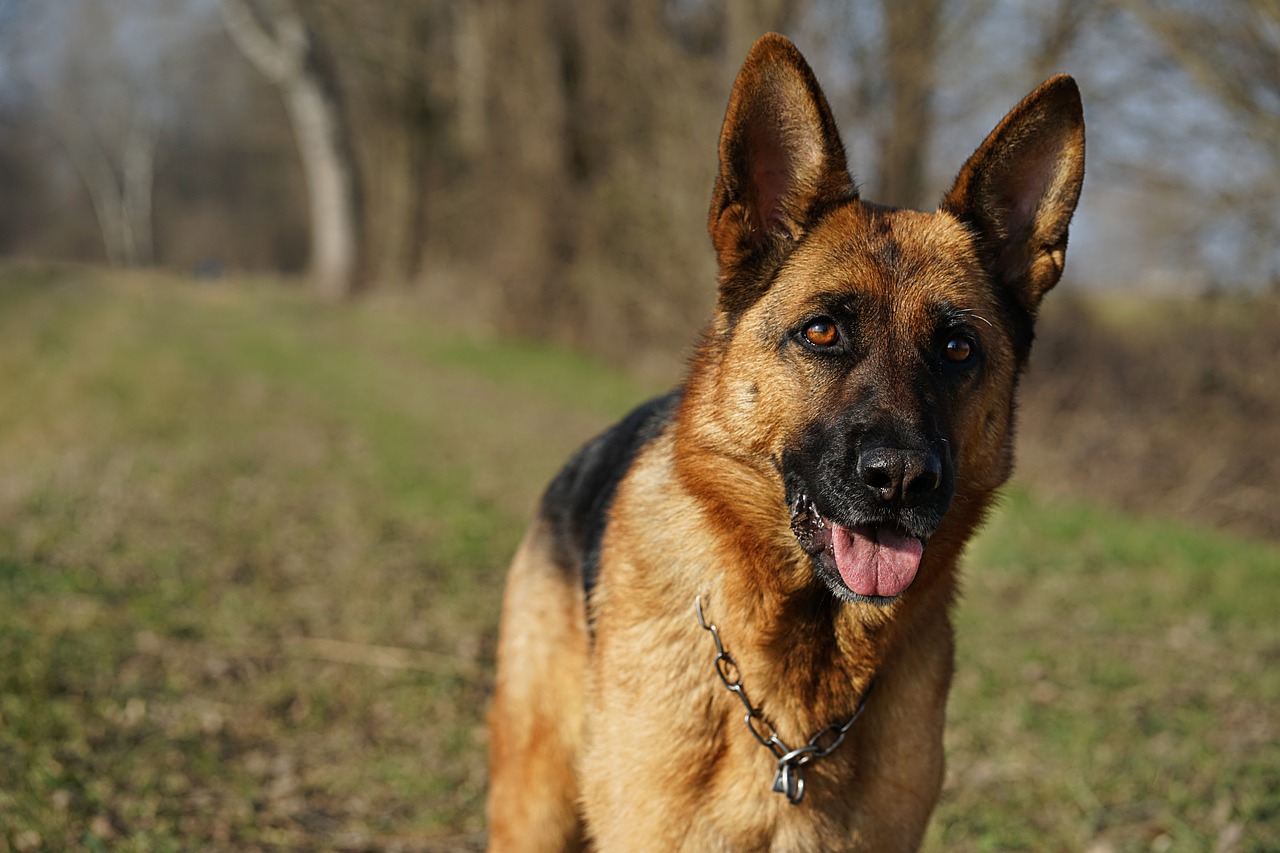
3. Australian Shepherd
Australian Shepherds are highly energetic and require a lot of physical and mental stimulation. Like the Border Collie, they can become anxious if their needs are not met. Their intelligence and herding instinct can lead to a variety of anxious behaviors if they’re left alone for too long or don’t receive enough exercise. Engaging them in dog sports or agility training can help alleviate their anxiety by keeping their minds and bodies active.
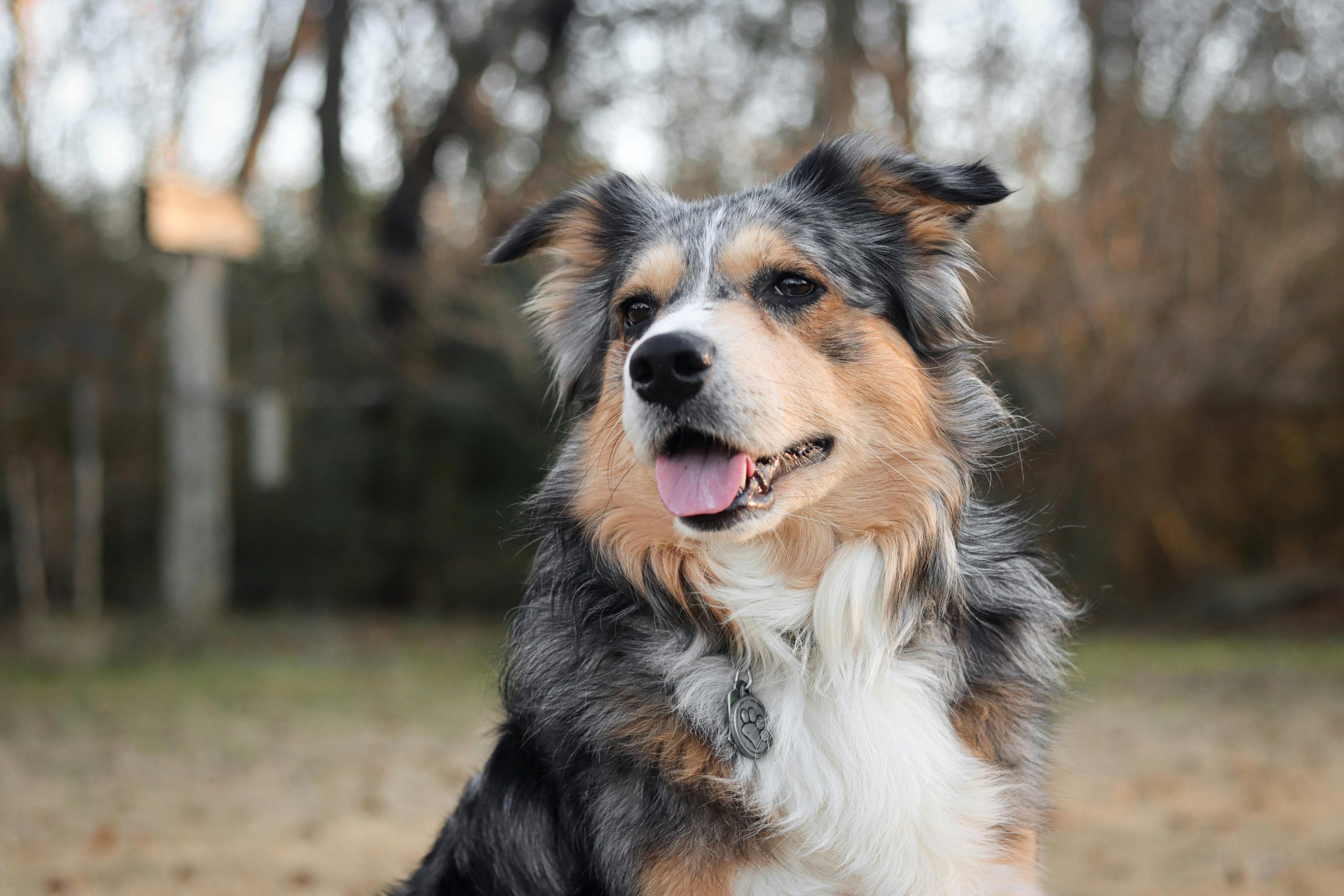
4. Labrador Retriever
While Labrador Retrievers are generally known for their friendly and outgoing nature, they can suffer from separation anxiety due to their strong bond with their owners. Labs are social creatures who thrive on interaction and can become destructive or vocal when left alone for extended periods. Consistent companionship, along with interactive toys and puzzle feeders, can help reduce their anxiety.
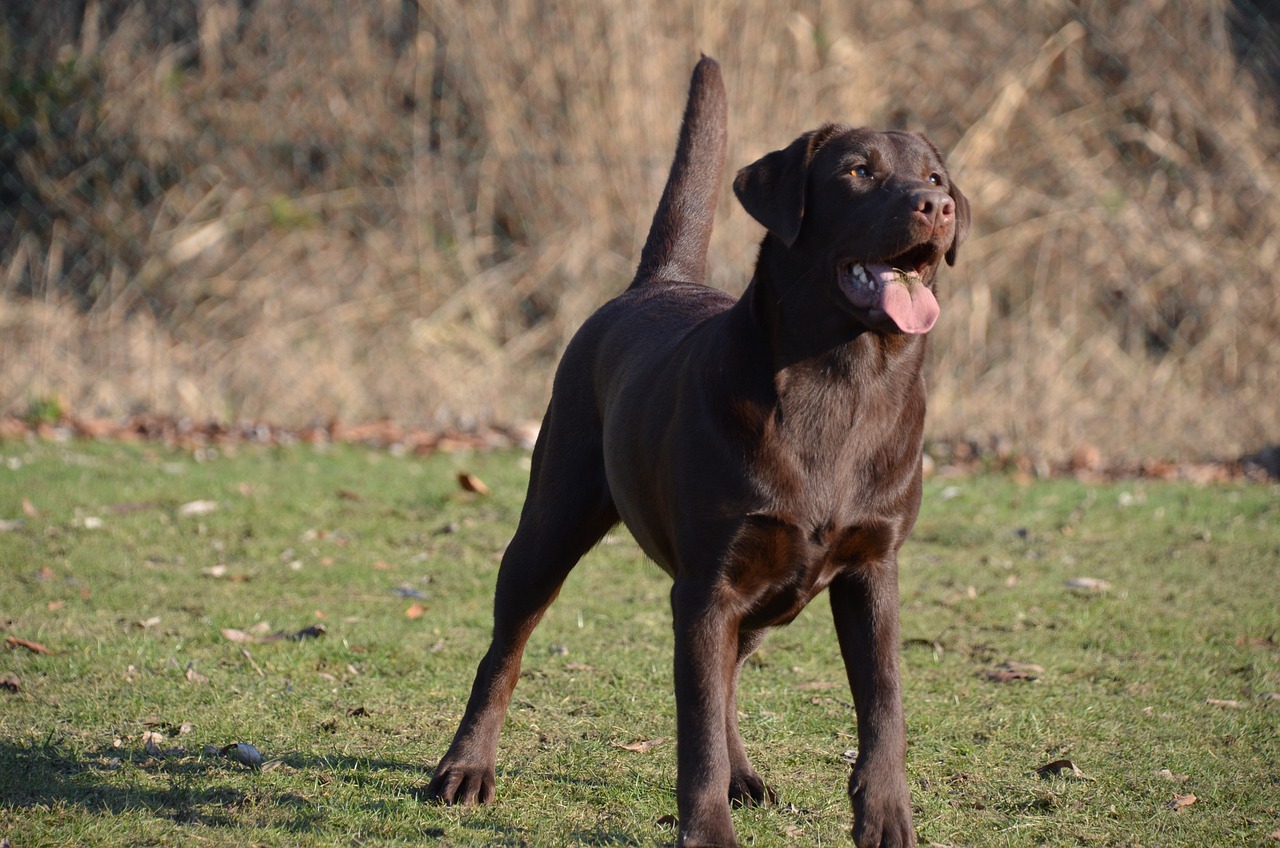
5. Cocker Spaniel
Cocker Spaniels are affectionate and gentle but can develop anxiety, particularly around unfamiliar people or environments. Their sensitivity requires a stable, calm environment and a gentle approach to training. Socialization from a young age is crucial to help them become more comfortable in various situations and reduce anxiety.
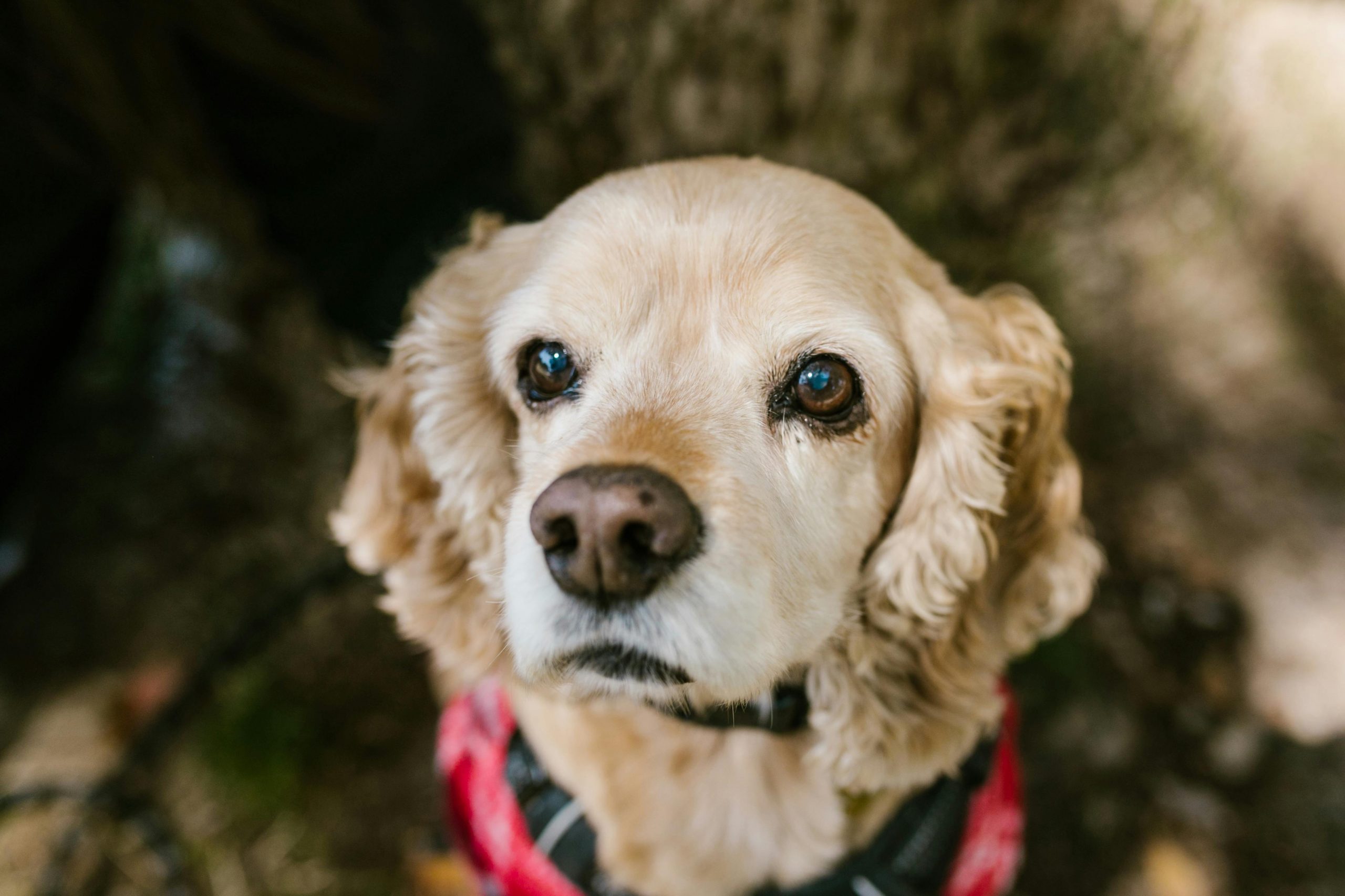
6. Bichon Frise
The Bichon Frise, with its cheerful disposition, can still be prone to anxiety, particularly separation anxiety. Their need for constant companionship means they can become distressed when left alone. Creating a predictable routine and providing comfort items such as toys and clothing with the owner’s scent can help ease their anxiety.
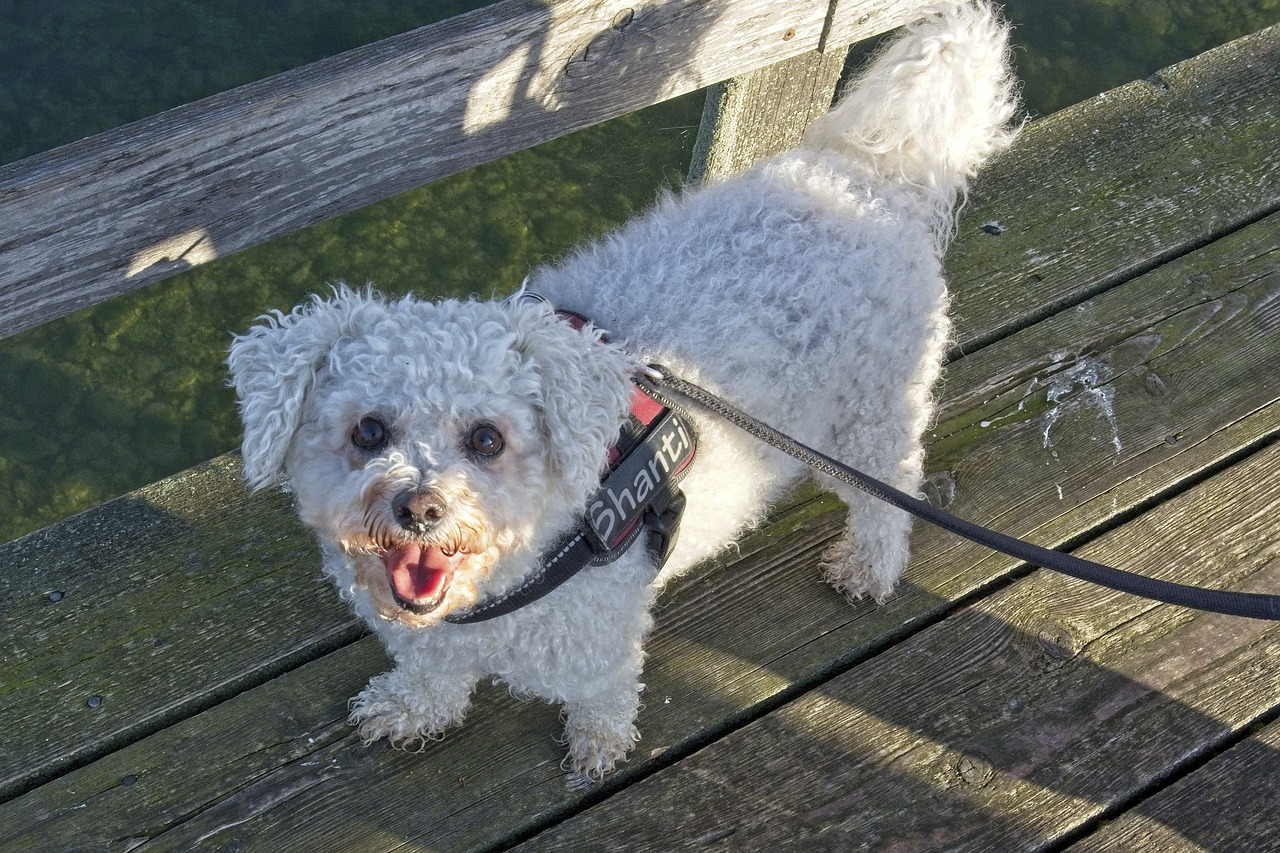
7. Jack Russell Terrier
Jack Russell Terriers are known for their boundless energy and bold personalities. However, their intense need for activity can lead to anxiety if not properly managed. Boredom and lack of exercise can result in destructive behaviors and nervousness. Regular, vigorous exercise and mental stimulation are crucial for their well-being.
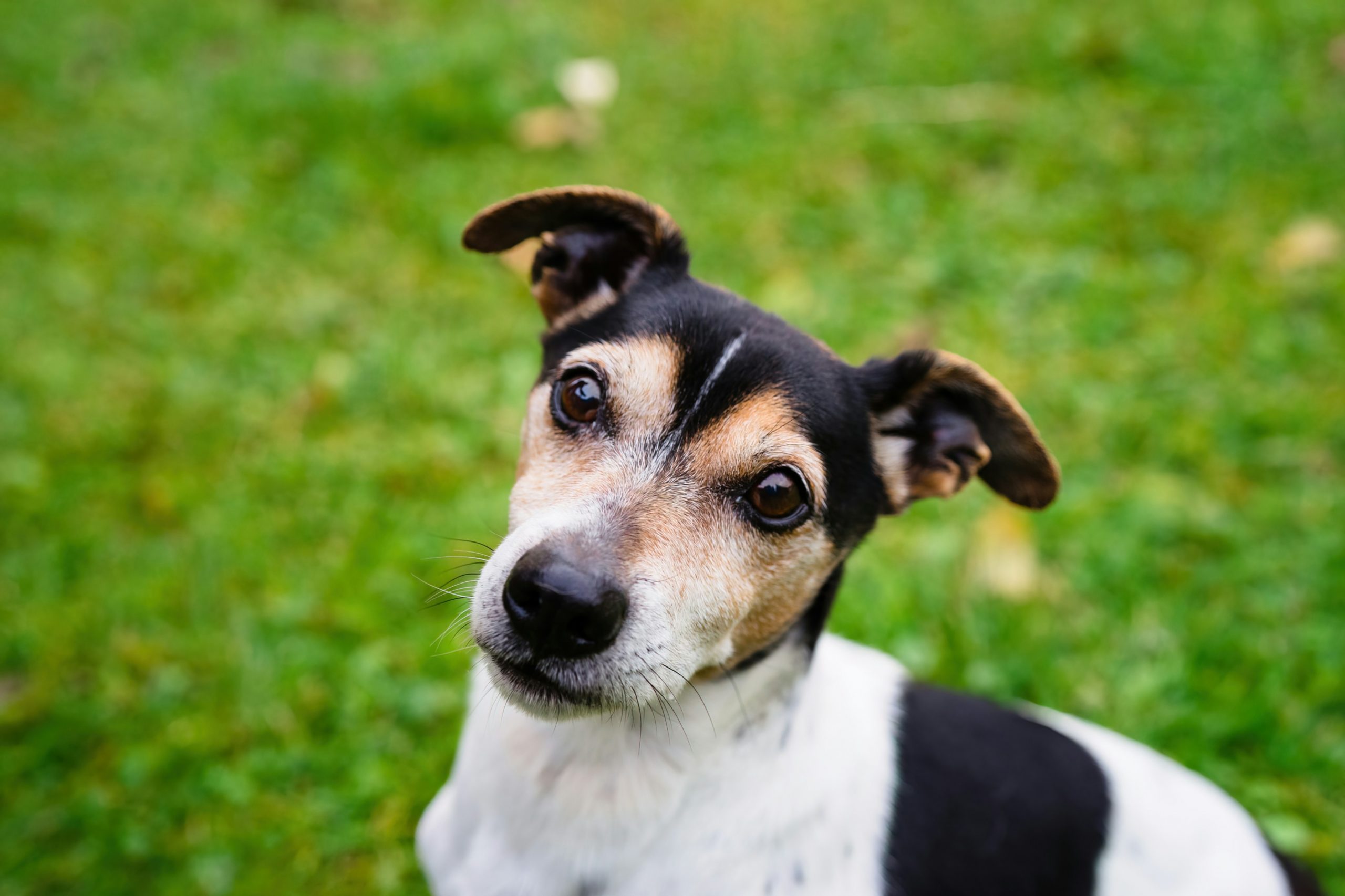
8. Chihuahua
Chihuahuas are known for their loyalty to their owners but can exhibit anxious behavior in unfamiliar environments or when separated from their owners. Their small size may also make them feel vulnerable, leading to anxiety around larger dogs or in loud situations. Ensuring they feel safe and secure, alongside gradual socialization, can help manage their anxiety.

9. Dachshund
Dachshunds can exhibit anxiety, particularly related to separation from their owners or fear of larger dogs. Their strong bond with their family makes them susceptible to separation anxiety, while their small stature can make them feel threatened by larger breeds. Creating a secure environment and slow, positive exposure to various situations can help reduce their anxiety.
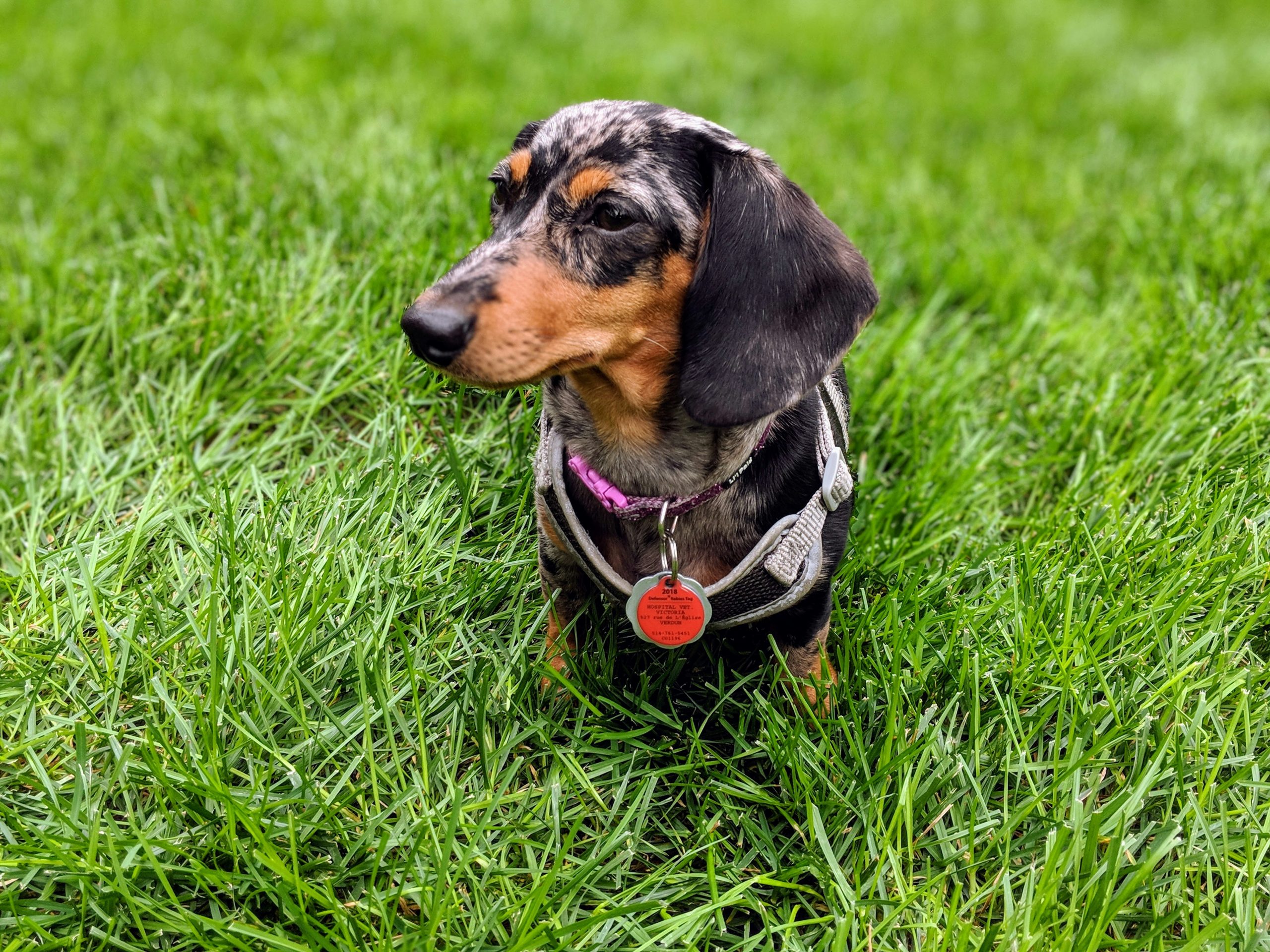
10. Poodle
Poodles of all sizes can be prone to anxiety, partly due to their high intelligence and sensitivity to their environment. They can become anxious when routines change or if left alone for too long. Engaging their minds through training and puzzles, along with regular socialization, can help keep their anxiety at bay.
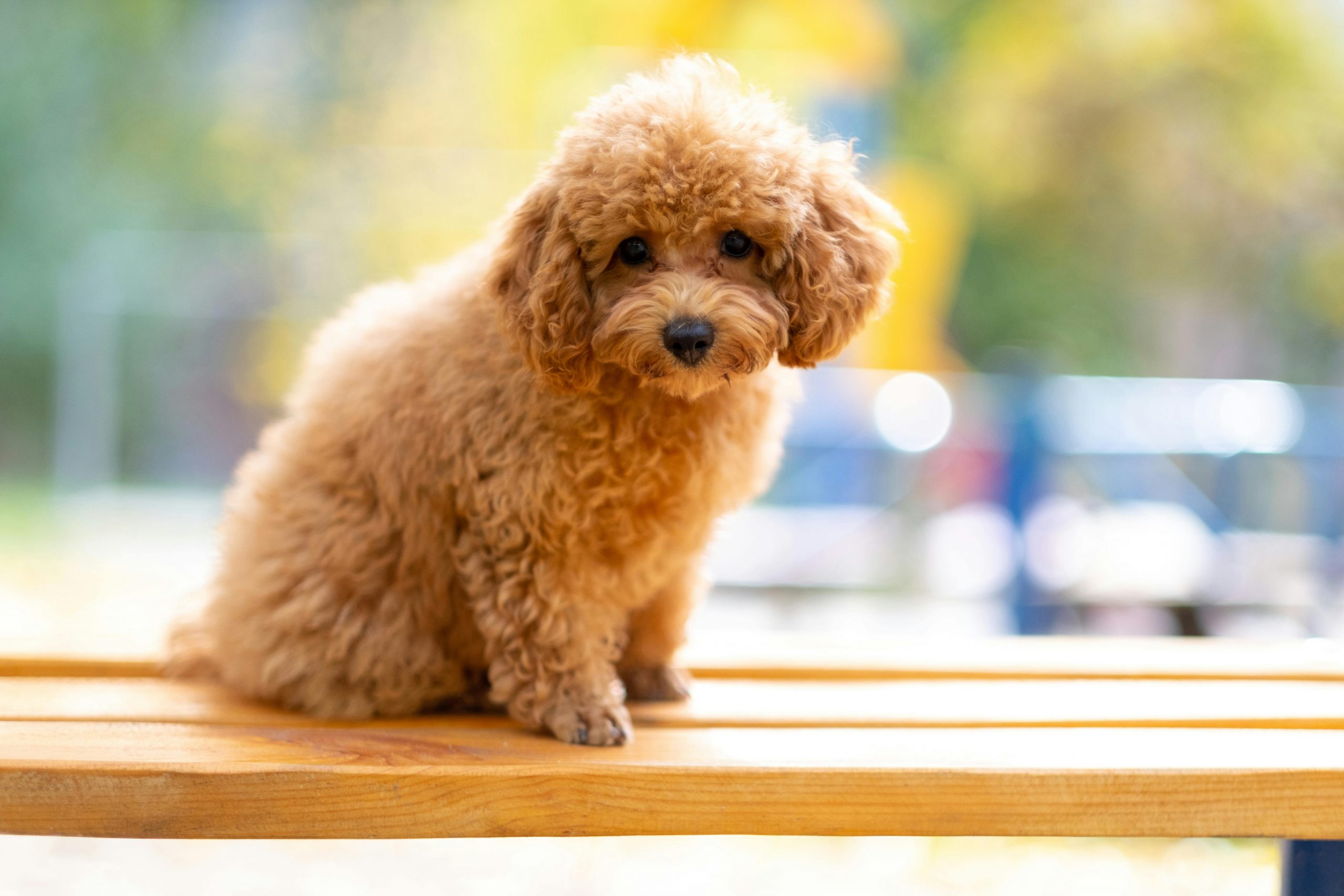
11. Shih Tzu
Shih Tzus are known for their affectionate nature but can suffer from anxiety when faced with loud noises or when left alone. Their anxiety often manifests as barking or destructive behavior. Providing a quiet, comfortable space and using sound therapy can help alleviate their anxiety caused by noise.
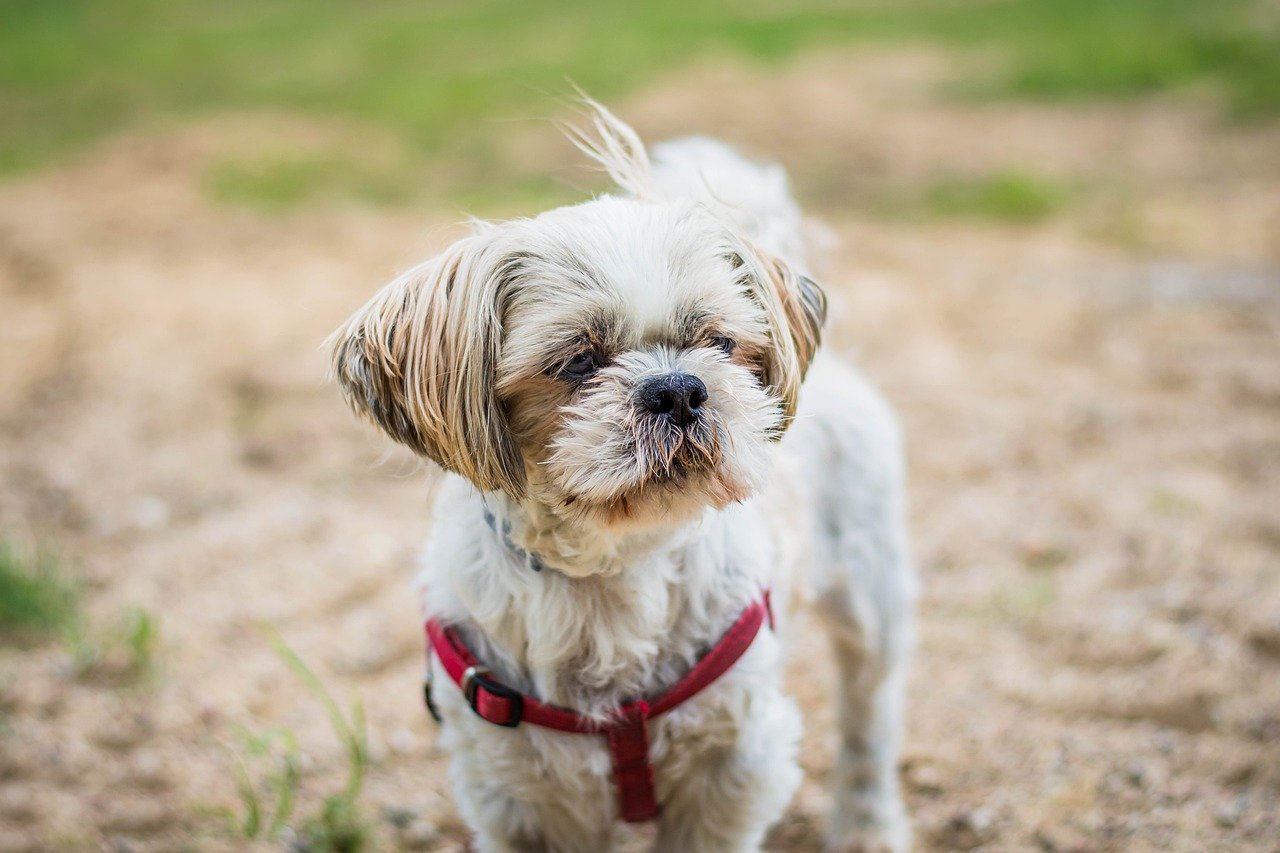
12. Greyhound
Greyhounds, despite their racing background, are generally calm dogs but can suffer from anxiety, especially in transition from racing to a home environment. They may exhibit signs of stress in new situations or when their routine is disrupted. Gradual acclimatization to their new lifestyle, along with consistent routines, can significantly ease their transition and reduce anxiety.
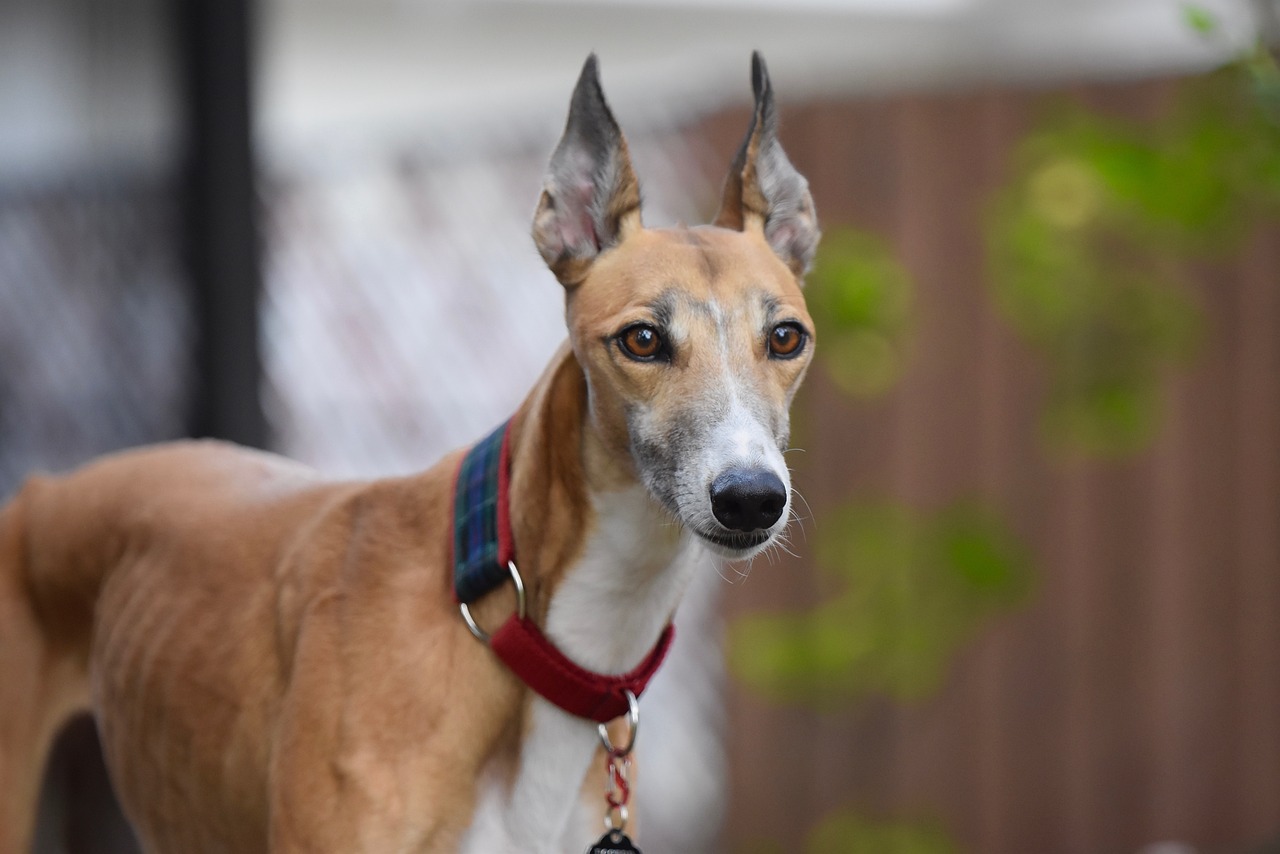
These breeds may be more prone to anxiety, it’s important to remember that every dog is an individual. Factors such as genetics, upbringing, and environment play significant roles in a dog’s temperament and behavior. Recognizing the signs of anxiety in dogs is the first step toward providing them with the support they need. Signs can include excessive barking, destructive behavior, pacing, and more subtle indicators like excessive licking or avoidance behaviors. Understanding and patience are key; it’s crucial to approach an anxious dog with calmness and support, rather than punishment or frustration.
 Toledo, United States.
Toledo, United States.